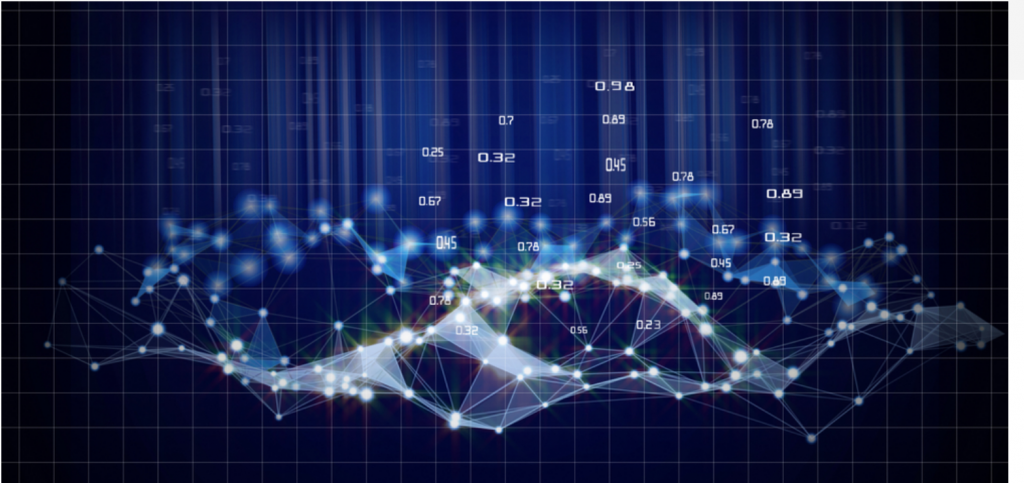
Data mining enables neural networks to analyze how governments and industries spend money, identifying corruption.
AI Employed as Tool to Fight Corruption in Government, Industries
Naveen Joshi wrote a powerful column about using AI to battle corruption in several major industries. The story on Forbes.com outlines how data mining tools and AI analysis are bring corruption and greed to light. The first paragraph in Joshi’s piece sums up the problem.
“Corruption is one of the several unwanted constants around the world every year. According to an annual report created by Transparency International, in 2020, corruption was still widely prevalent—and, in several nations, rampant—across the world. What’s worse, the study also found that corruption affected and, in many cases, slowed down the global response to Covid-19. Unfortunately, the point about corruption and catastrophes feeding off each other still holds true to this day. While corruption in certain countries may be higher than in others, it is still everybody’s problem to solve. Eliminating it completely is impossible as it is too ingrained in our social fabric now.”
AI can have an impact in spite of the endemic nature of corruption. For instance, when AI is used in “smart cities,” it improved the number of services for taxpayers and reduced the number of unaccounted-for funds. AI never asks to skim off the top of a contract or expects an envelope of cash. But it can certainly find and reveal corruption in a heartbeat.
Blockchain And AI Oversight
Any technology application in a conceptual stage will come with its own set of issues. For AI, the two main challenges in its implementation as an anti-corruption tool are a lack of explainability and a lack of quality datasets, according to Joshi.
The lack of explainability leaves network administrators and AI experts unable to justify certain AI decisions, but with a combination of AI and blockchain, they are better protected.
The article explores the use of AI across the world from Russian neighbor Georgia to a University in Spain. In Georgia, data mining is the answer to the corruption of contracts from the government to only certain preferred companies. In Spain, they took a different approach.
“A few researchers from the University of Valladolid, Spain, have developed a concept AI model with artificial neural networks that can forecast corruption cases that could take place after one to three years.”
Joshi also looks at corruption in the private sector, especially the pharmaceutical industry. In the last decade, the pharmaceutical industry had to deal with corruption allegations, and it continues to do so.
Greed will never go away, but with AI looking over data, it just may be identified more frequently in governments and industries.
read more at forbes.com







Leave A Comment